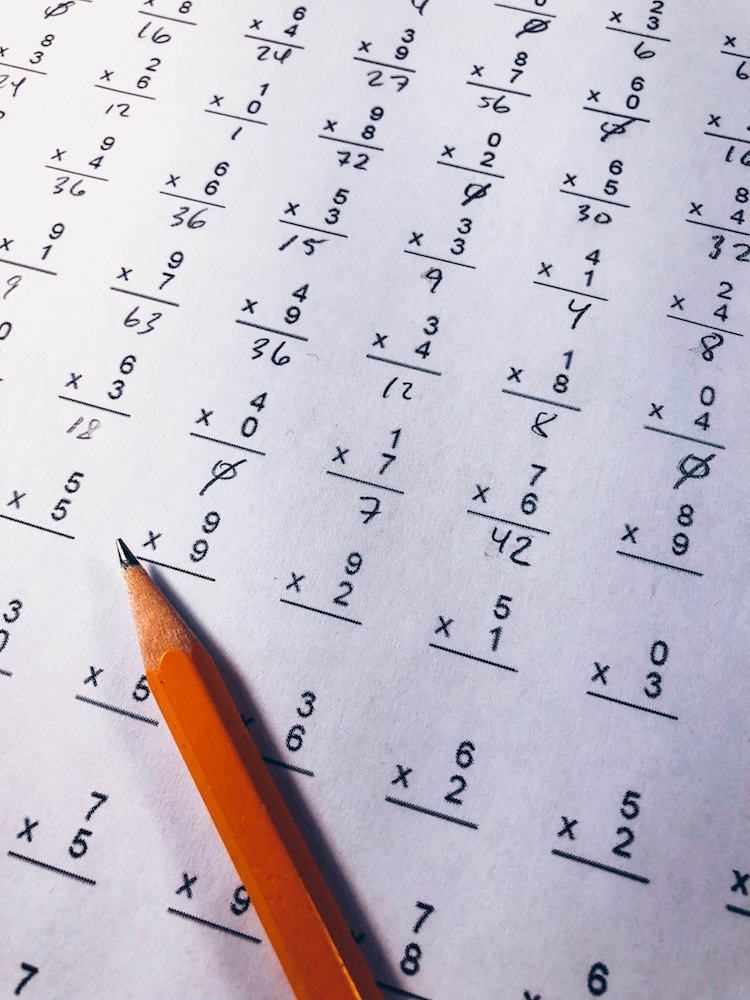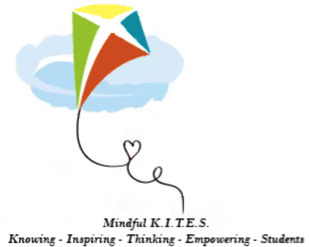
The exam season can be a particularly challenging time for students, so having the skills to deal easily with the related stress is important. Mindfulness techniques, if practiced by students, can be easily called upon if they feel overwhelmed.
The use of Mindfulness as we support children in preparing for the exam can give them the edge to perform to their best ability and not allow the stress to impact on the greater spectrum of life. The lifelong skills of dealing with stress will support them not only for the exam but for the general stresses in life.
We need to remember that Mindfulness is not about not having stress. It is about controlling how you react to the stress.
As parents, we can mindfully support our children before, during and after the exam.
Before:
– Support any homework: We know that, at times, the homework can be confusing and frustrating for both the parent and child. This is a good time to practice a simple 10 Second Mindfulness exercise together, STOP.
10 Second Mindfulness- STOP
This is a simple but effective strategy to refocus our attention.
S– Stop what you are doing.
T– Take a deep breath. Breathe in for a count of 5, hold for a count of one and exhale for a count of 8.
O– Observe what is happening around you at this moment.
P– Proceed with what you were doing.
Remind your child that it is ok to get things wrong sometimes and not everyone is perfect.
– Discuss How They Are Feeling: Developing emotional intelligence is to get children to understand that their emotions are valid. It is not bad to have emotions, good or bad. It is how they deal with and react to these emotions that makes a difference. Talk about emotions like you talk about the weather- Often and every day!
* What emotion are you feeling right now? How does it feel? Is this a good emotion to have in control? How can we change emotions?
During:
– SLEEP! The National Sleep Foundation recommends the following:
Children 6-13 years: Recommended- 9-11 hours Appropriate- 7-8 hours
Teenagers 14-17 years: Recommended- 8-10 hours Appropriate- 7-11 hours
We should never underestimate the power of good sleeping habits. Children who are persistently sleep-deprived seem irritable and overactive, seek constant stimulation, are easily distracted and don’t concentrate well.
– Eat Well! Make sure they have a good evening meal as well as a good breakfast. It gives them the energy to take on the challenges of the day. Add a simple Mindful Eating exercise to get the day started.
First Bite Mindful Eating Exercise
1- Have your LOOK at the food they will be eating. Silent, they are to observe what it looks like? What do you notice?
What colour is it?
Is it small or large?
2- Have your child smell the food.
Does it have a smell?
What does it smell like?
3- Have your child, very slowly, put the piece of food in their mouth but not chew it! Leave it on the tongue.
How does it feel on the tongue?
Can you taste anything?
Does it smell differently in your mouth?
5- Have your child begin to chew slowly; one mindful chew at a time.
Does the taste change?
How does it feel in the mouth?
6- Try to get them notice when they swallow, and see how far you can feel the food into your body.
– Be Flexible and Calm: Don’t over plan the days leading up to your child exam. Follow their lead and do as much or as little as they want on the evenings. Sure, you may have paid for a club on the evening leading up to exam. But, if they don’t feel like going don’t! Change it up! Go for a walk! Grab an ice cream! Be FLEXIBLE!
Afterwards:
CELEBRATE! Remind them that it doesn’t matter what they get on the exam. There are far more things that the exam does not measure, like their love for art, their sporty skills, their kind heartedness, their passion for creativity, etc. Do something that celebrates THEM!
Parenting is not easy. But, by adding some mindfulness into your life and the life of your child, you ease the journey you take together as they become adults.
Reference: Mindfulness in the Classroom
